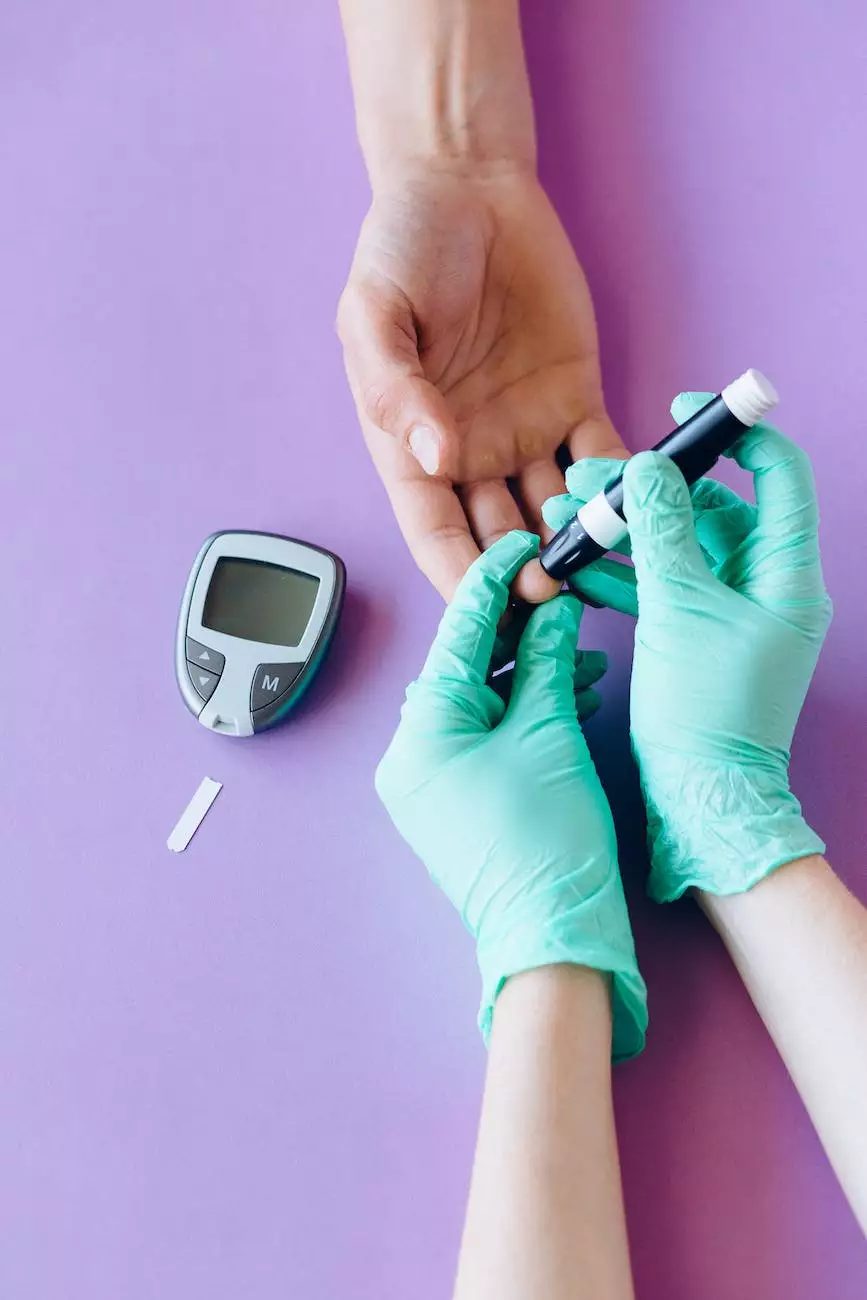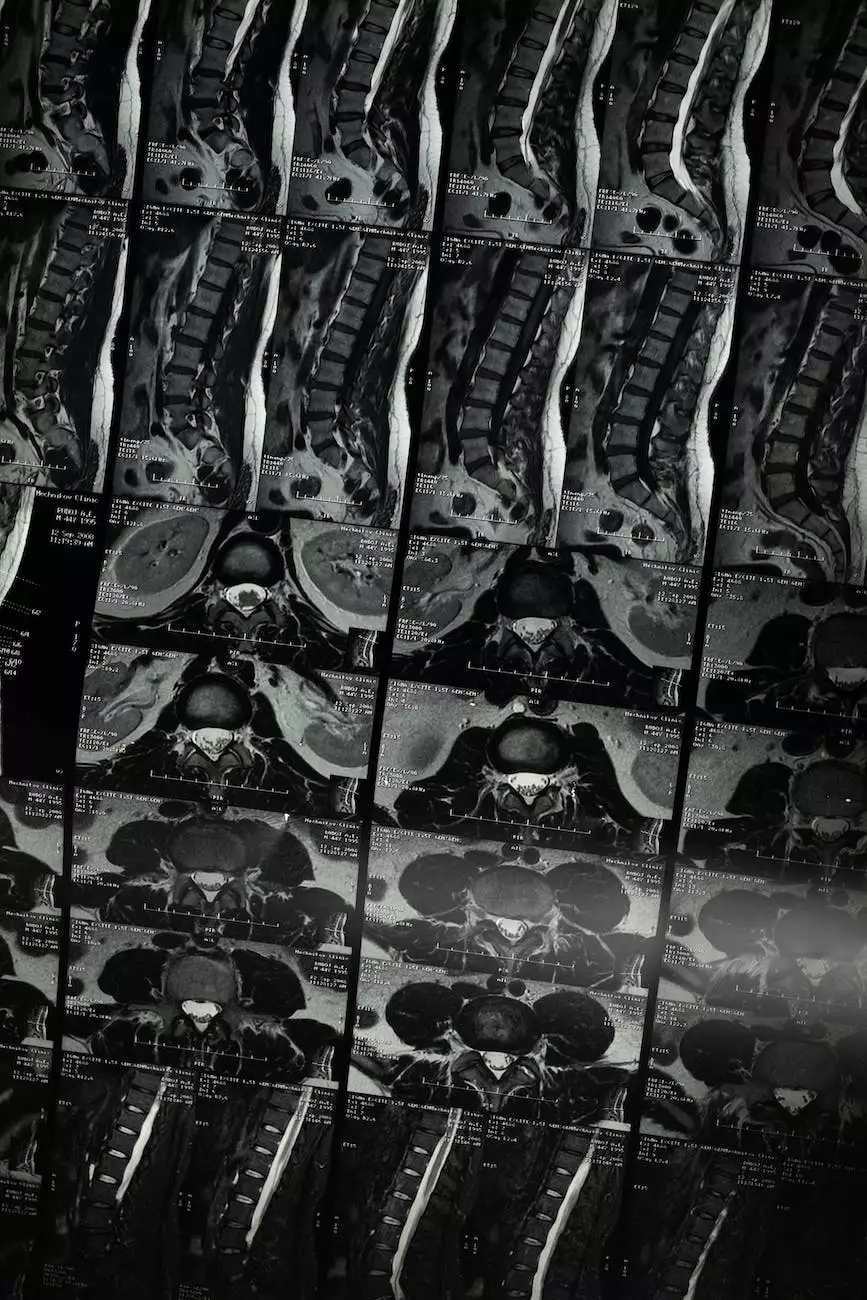Understanding Degenerated Discs
Interventional Pain Management
Welcome to Pain Management Care, PC's comprehensive guide on degenerated discs, a common condition that affects many individuals around the world. Our expert team of healthcare professionals is here to help you understand the causes, symptoms, and available treatment options for this condition.
What are Degenerated Discs?
Degenerated discs occur when the intervertebral discs in your spine start to lose their normal structure and function. These discs act as cushions between the bones (vertebrae) of the spine, providing flexibility and shock absorption. Over time, factors such as aging, wear and tear, and certain lifestyle habits can cause these discs to degenerate.
Causes and Risk Factors
- Aging: The natural aging process contributes to the degeneration of spinal discs.
- Genetics: Some individuals may have a genetic predisposition to degenerated discs.
- Injury or Trauma: Disc degeneration can occur due to physical injury or trauma, such as a car accident or sports-related incident.
- Lifestyle Factors: Poor posture, sedentary lifestyle, smoking, and excessive weight can increase the risk of disc degeneration.
Signs and Symptoms
The symptoms of degenerated discs can vary from mild to severe, depending on the extent of the damage. Common signs and symptoms include:
- Chronic Back Pain: Persistent pain in the back, which may worsen with physical activity.
- Radiating Pain: Pain that radiates to the legs, buttocks, and hips.
- Numbness and Tingling: Sensations of numbness, tingling, or weakness in the affected area.
- Reduced Range of Motion: Difficulty bending, twisting, or performing normal activities.
- Muscle Weakness: Weakness or loss of strength in the affected area.
Diagnosis and Treatment
If you suspect you have degenerated discs, it is essential to seek professional medical advice. At Pain Management Care, PC, our experienced healthcare professionals utilize advanced diagnostic techniques, including physical examinations, imaging tests, and medical history reviews, to accurately diagnose the condition.
Once diagnosed, an individualized treatment plan will be developed to address your specific needs. Treatment options may include:
- Physical Therapy: Targeted exercises and stretching techniques to strengthen the back and improve flexibility.
- Medications: Pain-relieving medications, such as nonsteroidal anti-inflammatory drugs (NSAIDs), muscle relaxants, or corticosteroid injections, may be prescribed.
- Minimally Invasive Procedures: In some cases, minimally invasive procedures, such as epidural injections or radiofrequency ablation, may be recommended to alleviate pain and facilitate healing.
Prevention and Lifestyle Tips
While degenerated discs cannot always be prevented, there are steps you can take to reduce your risk and manage your symptoms:
- Maintain a Healthy Weight: Excess weight puts additional stress on the spine, increasing the risk of disc degeneration. Aim for a healthy weight through proper nutrition and regular exercise.
- Practice Good Posture: Maintain proper posture when sitting, standing, and lifting objects to minimize strain on your back.
- Stay Active: Engaging in regular physical activity strengthens the muscles that support your spine and promotes overall spinal health.
- Avoid Smoking: Smoking reduces blood flow to the spinal discs, accelerating their degeneration. Quitting smoking can help slow down the degenerative process.
Seek Professional Help at Pain Management Care, PC
If you are experiencing symptoms of degenerated discs or have further questions, do not hesitate to contact Pain Management Care, PC. Our dedicated team is committed to providing exceptional care and assisting you in finding the most effective pain management techniques to improve your quality of life. Schedule a consultation today!




